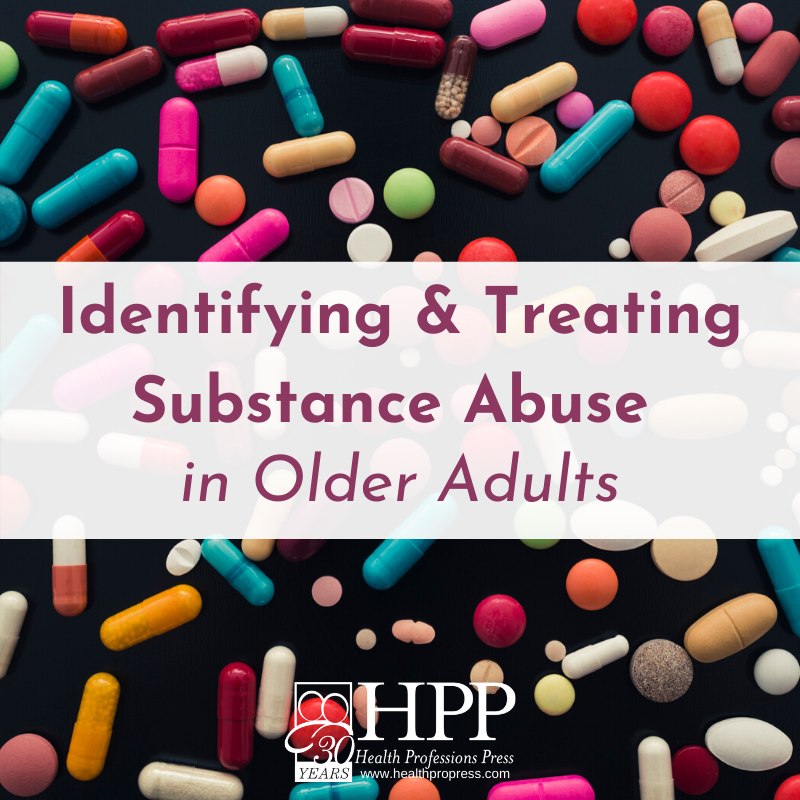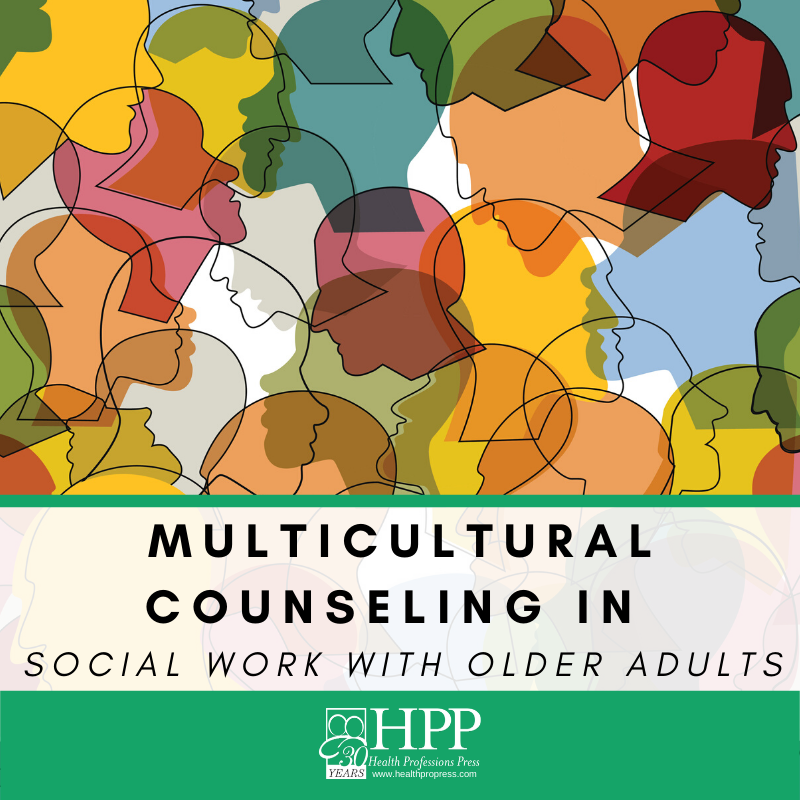
Identifying and Treating Substance Abuse in Older Adults
Identifying substance abuse in an older adult Substance abuse problems are often misdiagnosed in older adults. Perhaps as a result of ageism or generational stereotyping, the topic of substance abuse and dependence is rarely associated with older adults, yet clinical research is beginning to identify the consequences of unrecognized substance abuse in the aging population. Complications that frequently occur with age, such as medical comorbidity, cognitive impairment, and frailty, contribute to the adverse interactions between substance abuse or misuse and an aging brain. Signs that may indicate a drinking or drug problem in an older adult include the following: Solitary…
READ MORE
